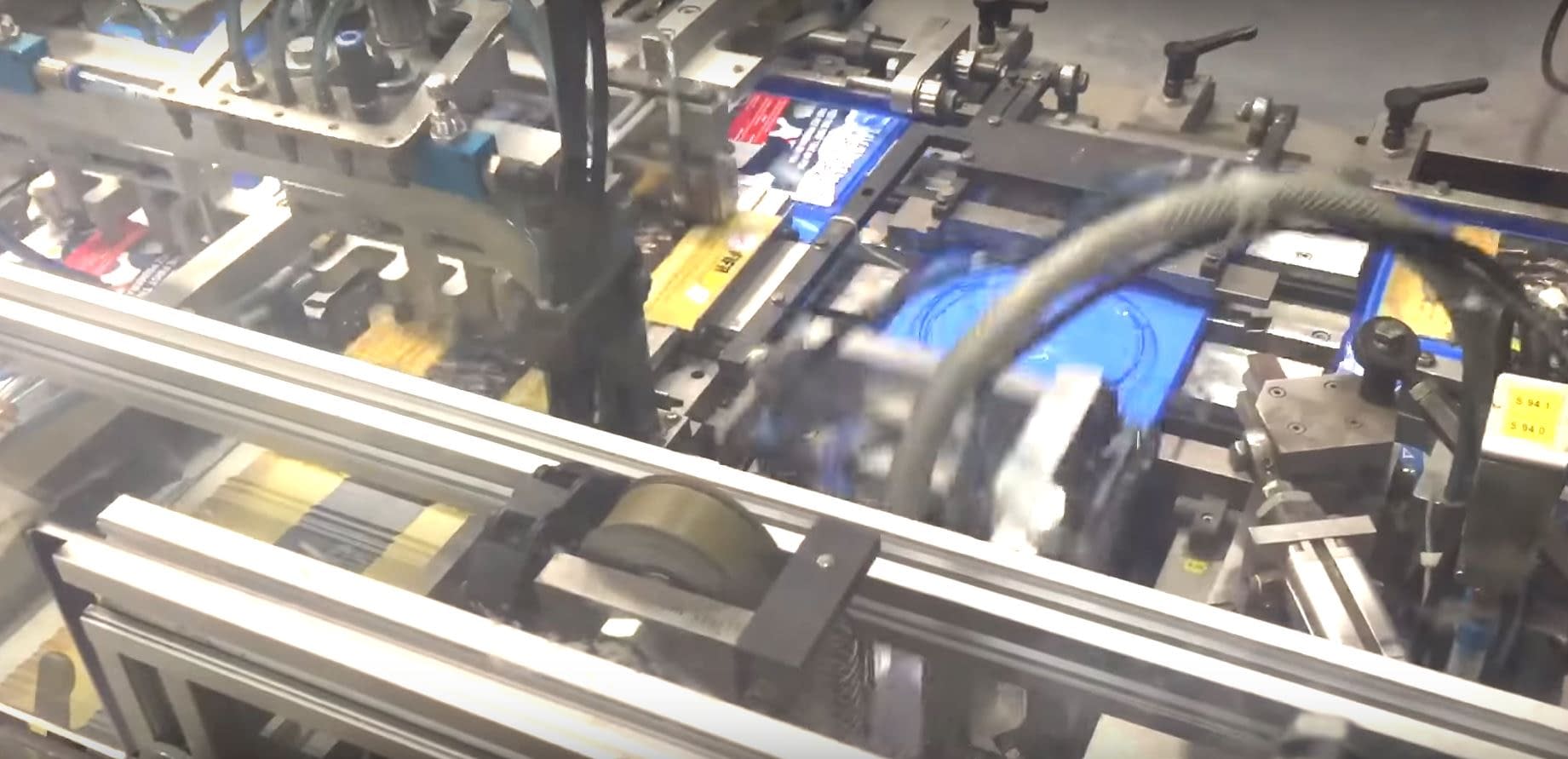Posted in: Games, Role Playing Games, Tabletop, Video Games | Tagged: board games, table top games, tariffs, toys, video games
Tariffs on Video and Table-Top Games Held at Bay… For Now
Game fans can breath a little easier, at least for a few days. The extensive round of tariffs that were scheduled to go into effect on games produced in China this week has been suspended, at least for the weekend.
A cease-fire was called after a meeting with Chinese leadership at the G20 summit, where negotiations have been ongoing to minimize escalating tensions between China and the Trump administration. The United States was close to implementing a 25% tariff on "List 4 Goods", which would have slapped $300 Billion in tariffs on select table top games, accessories, toys, video game consoles, and other goods, per the Wall Street Journal.
The tariffs that the Trump administration has been leveraging against trade partners has been largely ineffective, with higher costs being passed on to consumers in the U.S. The latest round would have forced game stores to raise the prices on many of their most popular brands, and not by a small amount, either.
For the table-top gaming world, this has led to a lot of uncertainty for upcoming releases from companies that produce their games in China. If those costs go up due to a tariff, some game companies might be forced out of business altogether, because American consumers are used to the lower prices that Chinese manufacturing affords the industry, and game production in the U.S. can be prohibitively expensive.
Some companies, like Games Workshop and Corvus Belli, make their games in their respective companies, but how long will it be before we start a trade war with England or Spain?
For the video game industry, things could be just as bad. A 25% tariff on video game consoles could cause prices on consoles and games to soar, something the manufacturers were all too quick to point out to consumers:
Each video game console comprises dozens of complex components sourced from multiple countries. A change in even a single supplier must be vetted carefully to mitigate risks of product quality, unreliability and consumer safety issues. Tariffs would significantly disrupt our companies' businesses and add significant costs that would depress sales of video game consoles and the games and services that drive the profitability of this market segment.
-Joint Statement from Sony, Microsoft, and Nintendo
Mike Selinker, one of the developers of board game sensation Betrayal at House on the Hill, wrote a pretty intensive op-ed for Polygon, which detailed to scope of the impact these tariffs would have on the table-top industry. Here's an excerpt:
Game design is not an efficient process, which is something it shares with many creative endeavors. In the case of my company, I have seven designers working long hours to craft innovative and complex games. We buy hundreds of thousands of dollars of art. Our games underwrite the salaries of dozens of writers and editors and graphic designers and logistical experts. Losing 25 percent of the cut we get off of our games means fewer of those folks —many of whom are right here in America — get employed. That will happen all over the industry. That's for the publishers who stay in business. Those who don't will close up entirely, releasing their employees into the marketplace. That will mean increased competition for jobs and correspondingly lower wages and benefits.
The Toy Association testified before Congress in June about the effects the impending tariffs would have on the toy industry. Here's the Association's vice president of federal government affairs, Rebecca Mond:
"Overall, tariffs on the toy industry would reduce the economic impact of the toy industry on the U.S. economy by approximately 10 percent, or $10.8 billion.
For the industry as a whole and for the vast majority of the 3 billion toys sold in the U.S., the manufacturing infrastructure and capacity is simply not available in the U.S. or elsewhere around the world. Furthermore, consumers expect toys to be affordable. Toy manufacturing is too labor intensive to be a cost-effective option in the U.S."
So, for the time being, we can relax knowing that our miniatures, video games, and action figures are going to stay put, price wise, for at least for a bit.
But that could change any minute.















